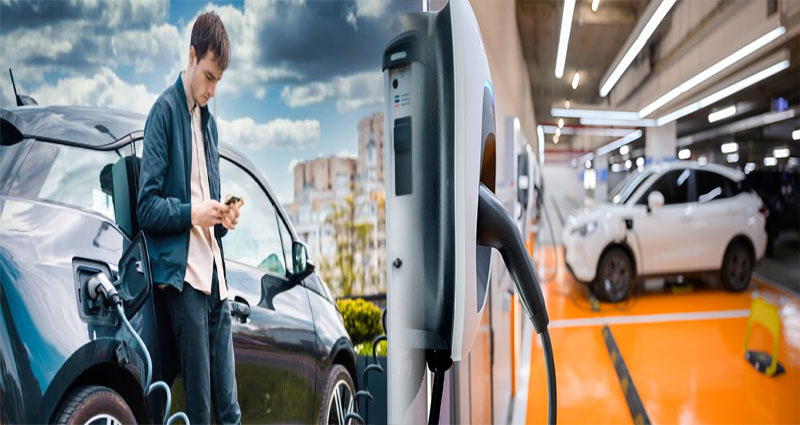In recent years, reducing carbon emissions has become a pressing global issue. Transportation-related emissions make up a significant portion of the total carbon footprint, and solutions that promote eco-friendliness on the road are increasingly in demand. Enter electric vehicles, which offer an environmentally conscious alternative to traditional combustion engine cars. In this article, we will explore the promise of electric vehicles in reducing carbon emissions on the road, and how they stand to revolutionize the world of transportation.
Zero Tailpipe Emissions
Electric vehicles produce no tailpipe emissions, meaning that they release no greenhouse gases or pollutants into the environment from their exhaust systems. In contrast, traditional combustion engine cars rely on burning fossil fuels, which produce various harmful emissions. By using electric batteries as the primary power source, electric vehicles drastically reduce the amount of air pollution produced by the transportation sector. This makes them an environmentally friendly mode of transportation that can help reduce our collective carbon footprint.
Reduction in Lifelong Carbon Footprint
The carbon footprint of an electric vehicle depends on the sources of energy used to generate electric power. In regions where renewable energy sources such as wind or solar power provide the bulk of the electricity, electric vehicles have an even smaller carbon footprint. By choosing an electric vehicle and charging it using renewable energy sources, you can reduce your carbon footprint over the course of the vehicle’s lifetime significantly.
Efficient Energy Use
Electric vehicles are more energy-efficient than their combustion engine counterparts. Traditional gas-powered cars lose energy through friction, heat, and other processes. Electric vehicles, however, lose very little energy to such processes, making them more efficient overall. Electric vehicles can store energy while in motion through regenerative braking, which harvests power during braking to recharge the batteries. This system reduces energy waste significantly and makes electric vehicles more efficient and sustainable.
Rapid Advancements in Technology
Advancements in technology mean that electric vehicles are becoming more accessible and practical for everyday use than they were in the past. Charging infrastructures have grown substantially over recent years, making it easier to find charging stations. Today, electric vehicle owners can use mobile apps to locate charging stations, plan routes that maximize battery life and even remotely control their vehicles. This technological revolution simplifies the act of owning an electric vehicle, which, in turn, makes it more viable for a vast majority of drivers.
Long-Term Cost Savings
Electric vehicles’ cost of ownership tends to be lower over the long term compared to traditional gas-powered cars. Apart from their efficiency and eco-friendliness, electric vehicles require less maintenance than combustion engines, which reduces their running costs. There are no oil changes, transmission service, or other expensive maintenance tasks required with electric vehicles. These cost savings make electric vehicles an economical choice despite their higher initial purchase price.
Electric vehicles hold significant potential for reducing carbon emissions and promoting eco-friendliness on the road. The nature of their construction inherently minimizes air pollution, they promote energy efficiency and use cutting-edge technology to make ownership practical and sustainable. And while the initial purchase price may be higher than traditional gas-powered vehicles, electric vehicles’ cost savings and environmental benefits over the long term make them an ideal choice for eco-conscious transportation. As electric vehicle technology continues to advance, the future of transportation is looking increasingly electric-powered.










